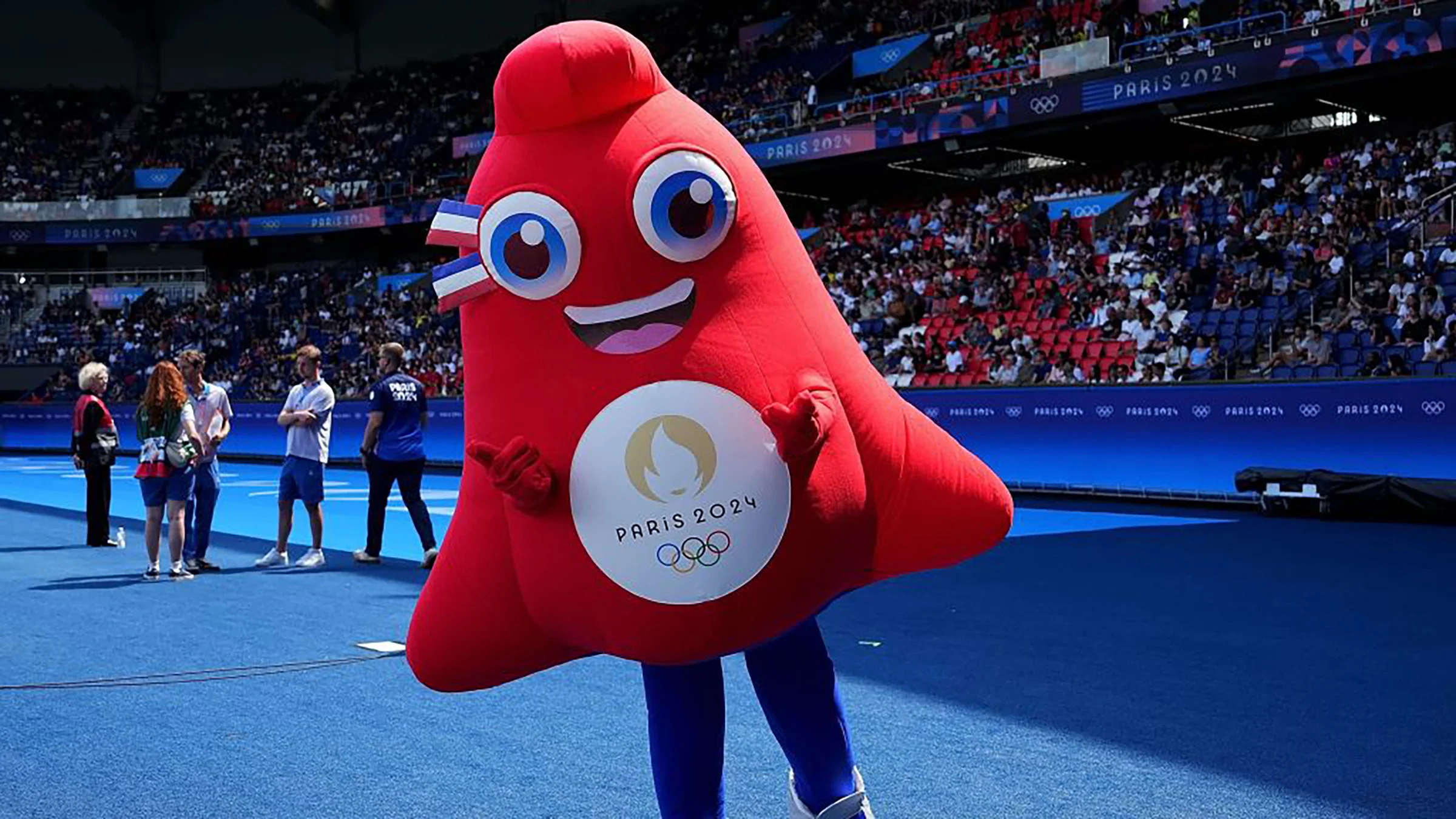
Table of Contents
Amid the lively festival of the Paris 2024 Olympics, an unforeseen Paris Olympics controversy has emerged. Pundits have blamed the occasion coordinators for ridiculing one of the most worshipped bits of workmanship ever, Leonardo da Vinci’s “The Last Dinner.” The episode has started a heated discussion, prompting an authoritative expression of remorse from the getting sorted-out board.
Paris Olympics Controversy
The contention started during the initial function of the Paris Olympics, which was meant to showcase the rich social legacy and creative tradition of the host country. One fragment of the service incorporated a cutting-edge imaginative execution that a few watchers deciphered as a farce of da Vinci’s notorious painting. The scene, highlighting competitors and entertainers organized in a scene suggestive of “The Last Dinner,” was planned to represent solidarity and mutual perspective. In any case, its execution hit an alternate harmony with many.
Public Reaction to Paris Olympics Controversy
Virtual entertainment immediately turned into a landmark for the exhibition. Pundits contended that the fragment was discourteous to a sacrosanct piece of workmanship, with some venturing to call it ungodly. Craftsmanship history specialists and strict pioneers showed up, communicating disillusionment and requiring an expression of remorse. On the other hand, allies of the function shielded the imaginative decision, expressing that it was a recognition as opposed to a joke and that craftsmanship ought to have the opportunity to rework exemplary works in new settings.
Peacock Olympics Monday Schedule: Must-Watch Events from the Paris Games
Official Apologies for the Paris Olympics Controversy
In light of the developing backfire, the Paris Olympics put together a conventional statement of regret. The assertion read:
“We profoundly lament that our presentation during the initial function was seen as ill-bred to Leonardo da Vinci’s ‘The Last Dinner.’ We expected to respect the spirit of solidarity and fellowship that the Olympics epitomize. We apologize to the people who were outraged and guarantee you that no lack of regard was planned towards this magnum opus or its social and strict importance.”
Artistic Intent and Misunderstanding
The inventive head of the initial service, famous for his imaginative and frequently provocative creative articulations, likewise made an announcement. He stressed that the scene was intended to be a cutting-edge tribute to da Vinci’s work, featuring the subjects of solidarity and shared human experience that are integral to both the composition and the Olympic Games.
“It was never our plan to affront or deprecate,” he said. “Craftsmanship is intended to incite thought and discussion, yet it ought to never go too far into an affront. We truly apologize for any hurt caused.”
The Role of Art in Public Events
This episode brings up significant issues about the job of craftsmanship on open occasions and the scarcely discernible difference between praise and satire. Workmanship has forever been a strong mechanism for communicating complex thoughts and feelings; however, it likewise conveys the obligation to be aware of socially responsive qualities. The harmony between artistic liberty and regard for authentic and social images is sensitive and frequently abstract.
Moving Forward
The Paris Olympics keep on enthralling crowds overall with their grandstand of athletic ability and social legacy. This debate, while lamentable, fills in as a sign of the different points of view and values held by the worldwide crowd. The getting sorted out council has done whatever it may take to resolve the issue, and the concentrate presently gets back to commending the competitors and the soul of the Games.
As the Olympics progress, it is trusted that the solidarity and brotherhood represented by the occasion will eclipse this snapshot of conflict, building up the message of harmony that lies at the core of the Olympic development.
Conclusion
The statement of regret from the Paris Olympics coordinators features the significance of responsiveness and mindfulness in imaginative articulations, particularly on a worldwide occasion watched by millions. While the discussion over “The Last Dinner” section has ignited extraordinary discussion, it likewise offers a chance for reflection on how we honor and rework social and imaginative heritages. As the Games proceed, the world anticipates commending the solidarity, variety, and greatness that characterize the Olympic soul.